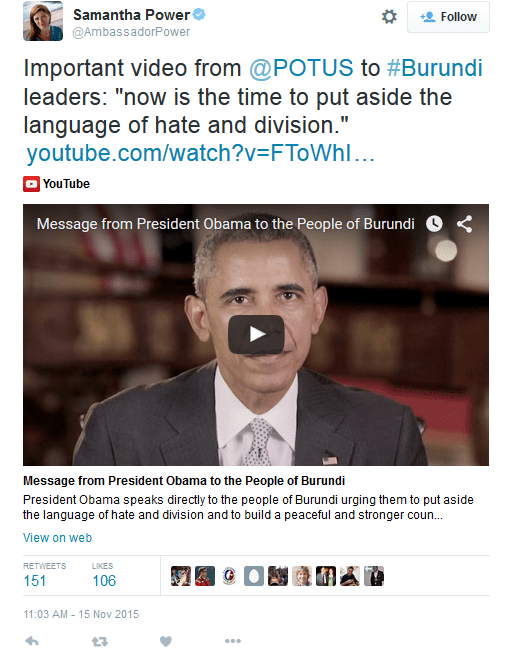Jan 31
20160
Foundations, NED | National Endowment for Democracy, Non-Profit Industrial Complex
AFL-CIO CIA Gloria Steinem Latin America Mask of Pluralism National Endowment for Democracy (NED) Nicaragua U.S. Chamber of Commerce Venezuela
WATCH: The CIA and the National Endowment for Democracy
Video (1995) published March 1, 2012
Excerpt from the book Rouge State by William Blum:
“How many Americans could identify the National Endowment for Democracy? The NED was set up in the early 1980s under President Reagan in the wake of all the negative revelations about the CIA. Seemingly every other day there was a new headline about the discovery of some awful thing the CIA had been mixed up in for years. The Agency was getting an exceedingly bad name.
Something had to be done. What was done was not to stop doing these awful things. Of course not. What was done was to shift many of these awful things to a new organization, with a nice-sounding name – The National Endowment for Democracy. The idea was that the NED would do somewhat overtly what the CIA had been doing covertly for decades – and thus eliminate the stigma associated with CIA covert activities.
Thus it was in 1983, the National Endowment for Democracy was set up to “support democratic institutions throughout the world through private, non-governmental efforts.” In actuality, virtually every penny of its funding comes from the federal government, as is clearly indicated in the financial statement in each issue of its annual report.
Allen Weinstein, who helped draft the legislation establishing NED, declared in 1991: ‘A lot of what we do today was done covertly 25 years ago by the CIA.'”
Gloria Steinem Discussing Her Time in the CIA:

























